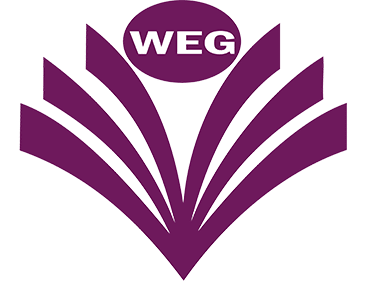Women empowerment, a global aspiration, faces complexities and ongoing evolution, particularly in countries like Pakistan. Though strides have been made, achieving gender equality and women’s empowerment remains a journey filled with challenges. This blog highlights the key issues faced by women in Pakistan and the efforts to overcome them.
Cultural Norms and Patriarchal Traditions:
Pakistan’s deeply ingrained cultural norms hinder women’s progress, defining strict gender roles that limit access to education, healthcare, and economic opportunities. “Honour” is often used to control women, leading to harmful practices like forced marriages, honor killings, and domestic violence.
Limited Access to Education:
Quality education empowers, but women in Pakistan encounter barriers in accessing it. Gender disparities in literacy persist, with many girls dropping out due to poverty, early marriages, and prioritization of boys’ education. This perpetuates gender inequality and restricts women’s participation in the workforce.
Economic Empowerment:
Women’s economic empowerment is a pressing concern in Pakistan. The gender wage gap persists, relegating women to low-paying and informal sector jobs. Lack of access to credit and property rights hinders financial independence.
Violence Against Women:
Violence against women is pervasive, with domestic violence, sexual harassment, and acid attacks being common. The culture of impunity and social stigma further complicates tackling this issue.
Limited Political Representation:
Despite women’s significant contributions to society, their political representation remains minimal. Socio-cultural norms, lack of support from political parties, and electoral challenges hinder their participation in governance.
Progress and Initiatives:
Pakistan has made noteworthy progress in promoting women’s rights and empowerment through various initiatives:
- Women’s Protection Laws: Acts like the Protection of Women Against Domestic Violence and Acid Control aim to safeguard women’s rights.
- Women Empowerment Programs: Organizations offer vocational training and microfinance services, empowering women economically.
- Education Initiatives: Efforts to increase girls’ access to education include scholarships and awareness campaigns.
- Representation in Politics: Quotas and reserved seats enhance women’s political presence.
Women empowerment in Pakistan requires a collective effort. Addressing cultural norms, improving education, promoting economic opportunities, combating violence, and increasing political representation are crucial. Fostering an inclusive environment is essential for women to thrive, contribute to society, and achieve gender equality. Together, Pakistan can pave the way for a brighter and equitable future.

